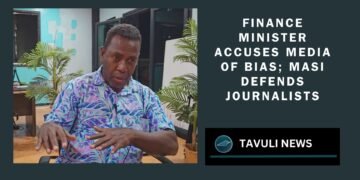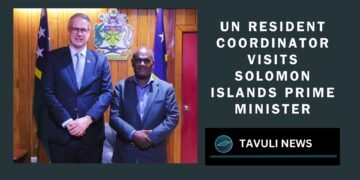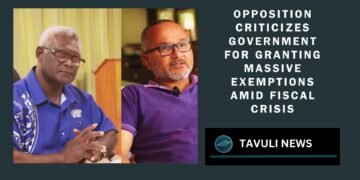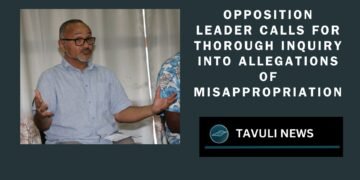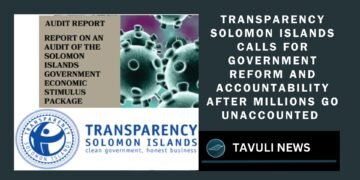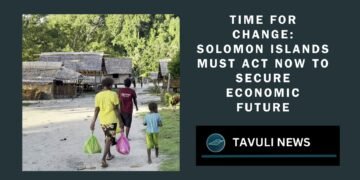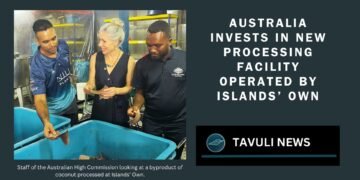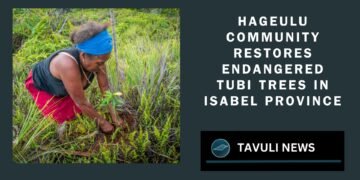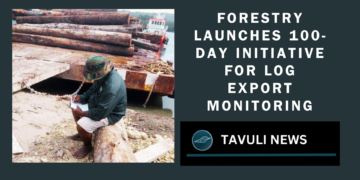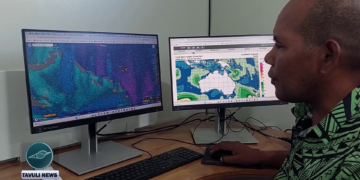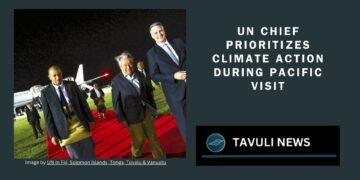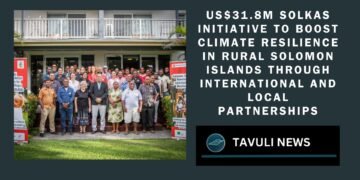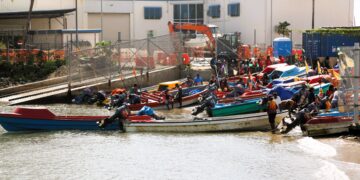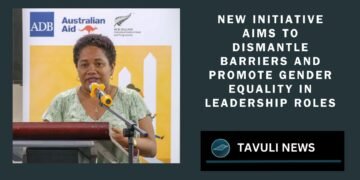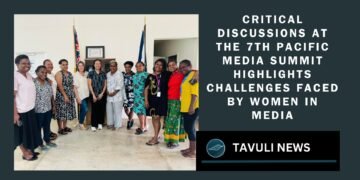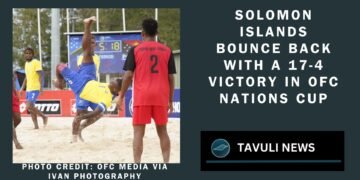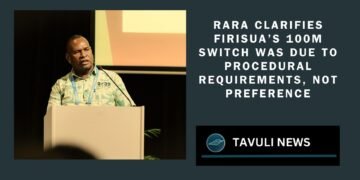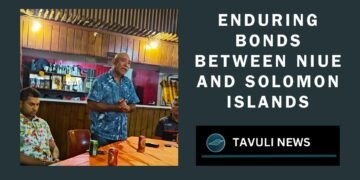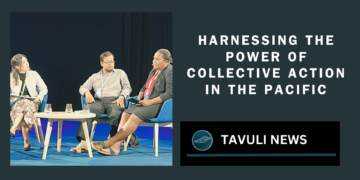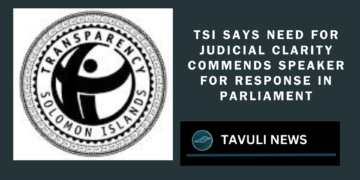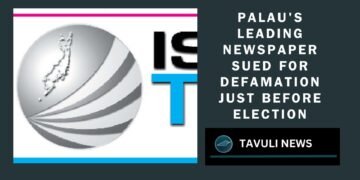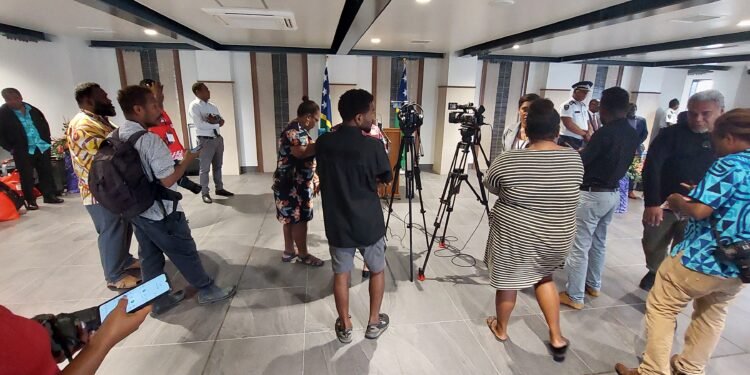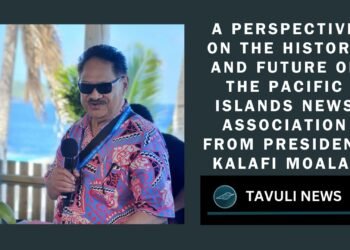Media funding in Solomon Islands: Seeking clarity amidst scrutiny is an Opinion Piece by Georgina Kekea, Tavuli News. This Opinion does not reflect that of the Media Association of Solomon Islands (MASI) to which Kekea is the President.
Media in the Solomon Islands is facing intense scrutiny, particularly the Solomon Star’s acceptance of funds from China. While I don’t entirely agree with how the editors of Solomon Star have defended their decisions, I can’t help but understand why they’ve turned to China for support.
As a member of the media community, I often find that we tend to overreact when issues directly impact us. Objectivity remains our guiding principle.
I find common ground with Professor Shailendra Singh, who in his ABC Pacific Beat interview, presented fair and objective responses.
It’s important to recognize that many media companies in the Solomon Islands are privately owned. They lack substantial donor support, often due to the donors’ desire to maintain a neutral and independent stance. Except for the National Broadcaster of course. This financial challenge is widespread.
When I witnessed the criticism aimed at Solomon Star, I questioned: Are we willing to step in and offer alternatives? This applies not only to Solomon Star but to any struggling private enterprise including Tavuli News.
Amidst the ongoing debates, a more open-minded perspective emerges. Can we truly judge fellow media outlets fairly? To me, actions speak louder than words. The “proof is in the pudding,” as they say.
The media’s role in the Solomon Islands is under the spotlight due to funding choices. While there are aspects I find critical, I deeply understand the challenges these outlets confront. It’s crucial that we adopt a broader perspective, extending our support and recognizing the intrinsic difficulties tied to maintaining independent journalism.
It’s essential to emphasize that the ongoing struggle between Eastern and Western influences is not our battle in the Solomon Islands. Our foremost aspiration is the holistic development of our nation, which encompasses nurturing our media sector. The media landscape in the Solomon Islands remains free but very small. While certain issues warrant our attention, they do not reach the level of what is often portrayed concerning democracy and communism. The Solomon Islands upholds a democratic system, and its media will consistently champion the principles of democracy. The sole instance of turmoil in the Solomon Islands occurred during the ethnic unrest in the early 2000s. It is my earnest hope that we avoid revisiting such circumstances. To genuinely grasp our reality, journalists from both Eastern and Western backgrounds should immerse themselves in our newsrooms briefly, allowing them to gain deeper insights into our unique context.
In the end, fairness prevails when we acknowledge the complexity of the circumstances and earnestly collaborate towards a more robust and resilient media landscape.
Edited*



